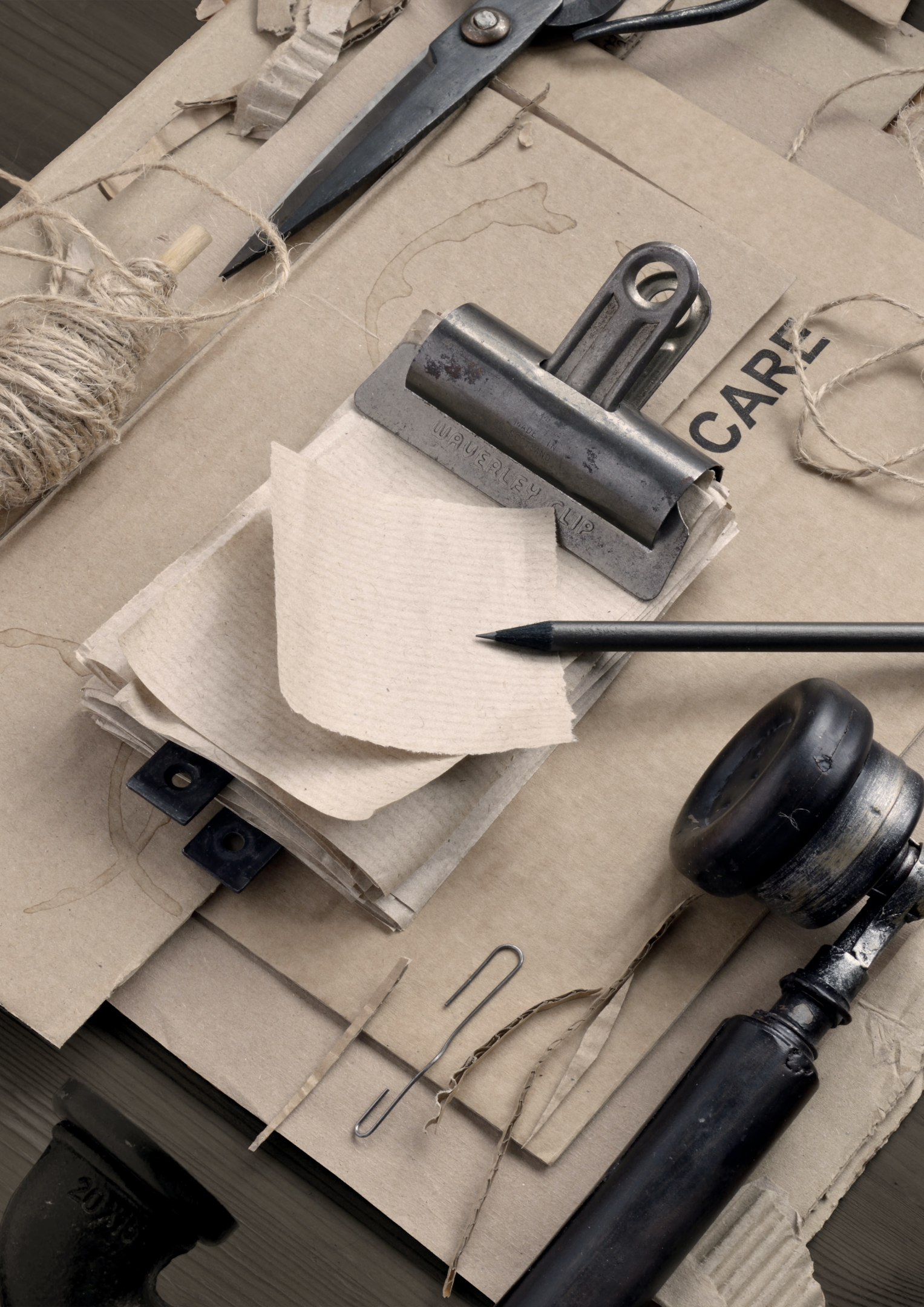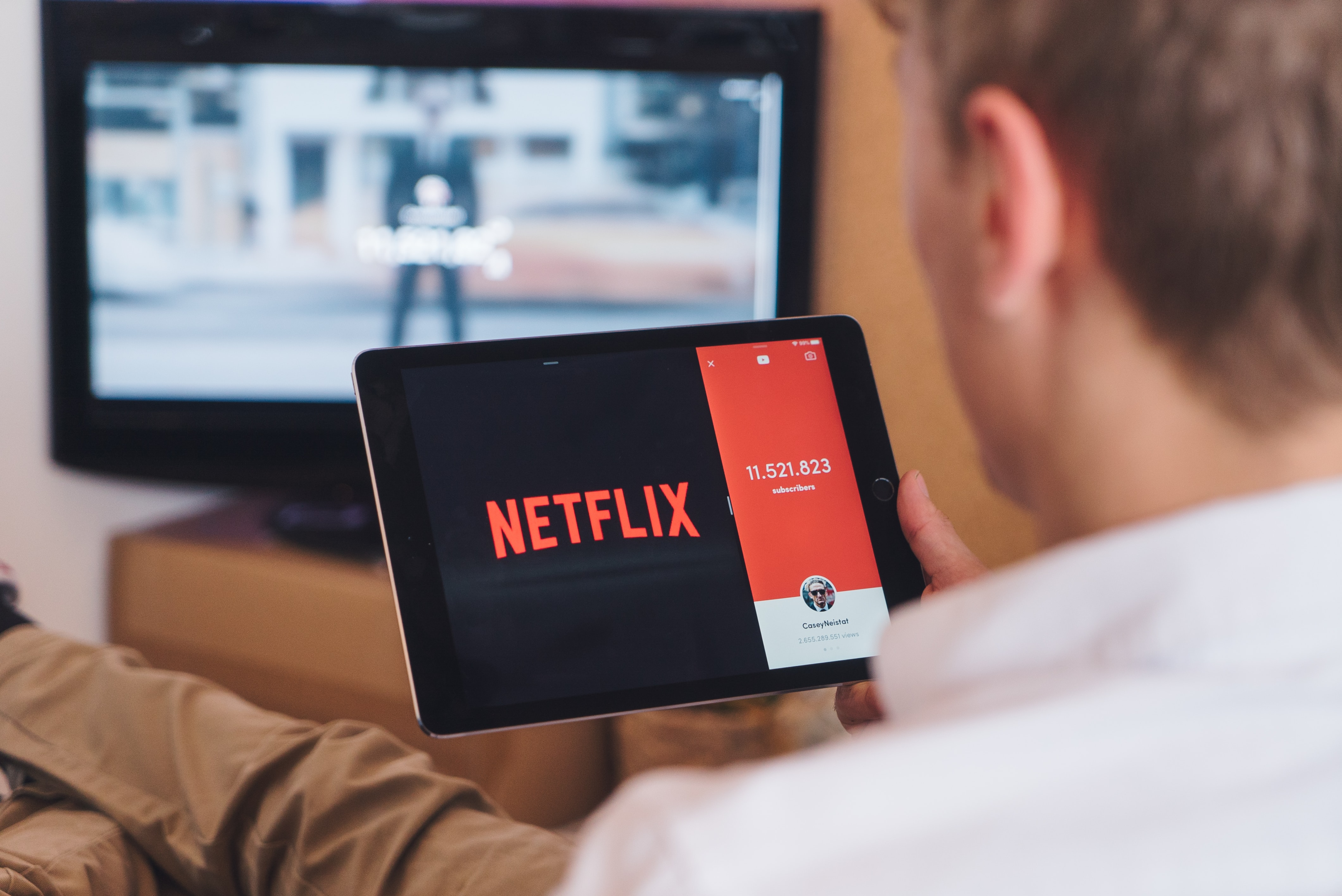- Use Cash Back Rewards Programs
- Start A Side Hustle
- Control Your Debt To Better Your Personal Finance
- Automate Your Savings
- Build An Emergency Fund
- Create A Budget
- Don’t Overspend On Your Home And Car
- Renegotiate Your Cable And Phone Bills
- Avoid Lifestyle Inflation
- Cut The Cable Cord Altogether
- Eliminate Unnecessary Expenses
- Shop Around For Insurance
- Haggle When You Can
- Pay Off Your Debt
- Start Investing Early
- Follow The 24-Hour Rule
- Enact A Weekly ‘No Spend’ Day
- Set Up A Passive Income Stream
- Take Advantage Of Your 401(k) Match
- Regularly Rebalance Your 401(k)
- Ask For A Raise
- Save Your Raise
- Improve Your Credit Score
- Buy Used Or Refurbished Items
- Wait For Sales
- Use Coupons
- Make Your Own Coffee
- Bring Your Lunch To Work
- Meal Plan
- Cook At Home
- Limit Your Alcohol Intake
- Quit Smoking
- Invest In Real Estate
Use Cash Back Rewards Programs
Cashback rewards programs are a great way to get something back on your spending. There are a number of different programs available, so find one that works for you and start using it. You can typically earn rewards on everything from groceries to gas.
Start A Side Hustle
Starting your own business is a great way to make money. Not only do you get to be your own boss, but you also get to control your own destiny. And, if you’re successful, you could make a lot of money. Of course, starting a business is not for everyone, but if you have a good idea and are willing to work hard, it could be a great way to make money.
Control Your Debt To Better Your Personal Finance
Debt can be a major drag on your finances. Not only does it cost you money in interest, but it can also keep you from saving for the future. That’s why it’s important to get a handle on your debt as soon as possible. There are a number of ways to do this, but one of the best is to create a budget and stick to it.
Automate Your Savings
One of the best things you can do for your finances is to automate your savings. This means setting up a system where money is automatically transferred from your checking account to your investment or savings account each month. This is a great way to make sure you always have money saved for the future.
Build An Emergency Fund

An emergency fund is an important part of your financial plan. It’s there to help you cover unexpected expenses, like a medical bill or a car repair. Ideally, you should aim to have enough money saved to cover three to six months of expenses when you finish college. This may seem like a lot, but it’s important to have a cushion in case of an emergency. You can also consult an experienced financial advisor to suggest to you how big of an emergency fund you need. Your emergency fund needs while in college are likely smaller, so you could start with a $500 to $1,000 fund.
If you want to learn more about having an emergency fund, check out our article – Emergency Funds: Why To Have One And How To Build It.
Create A Budget
Budgeting may not be the most exciting thing in the world, but it’s a crucial part of effective money management. A budget can help you track your spending, see where your money is going, and find areas where you can cut back. There are a number of different ways to create a budget, so find one that works for you and stick to it. Set aside a part of your budget for your retirement plan. Consult a financial advisor for your retirement planning to help you know what you need to have in your retirement account.
If you want to learn more about budgeting, check out our article – Traditional Budgeting Doesn’t Work.
Or, if you are looking for something that’s simple and proven to work, check out our 7-Minute Budget that makes budgeting easy and straightforward.
Don’t Overspend On Your Home And Car
Your home and car are two of the biggest purchases you’ll ever make. And, while it’s important to have a place to live and a way to get around, you shouldn’t spend more than you can afford. You should set money aside for them in line with your financial goals.
When it comes to your home, make sure you’re not overpaying for your mortgage. And, when it comes to your car, make sure you buy a used car that’s within your budget.
Renegotiate Your Cable And Phone Bills
Cable and phone bills can be a major drain on your finances. But you may be able to lower your bill by renegotiating your contract. This is especially true if you’ve been a customer for a long time. If you’re not sure how to negotiate, there are plenty of resources available online.
Avoid Lifestyle Inflation
Lifestyle inflation is when you spend more money as your income goes up. For example, if you get a raise at work, you might be tempted to buy a nicer car or a bigger house. While there’s nothing wrong with spending more money as your income increases, you should be careful not to let your lifestyle inflate too much. Proper financial planning often helps offset this lifestyle inflation.
Cut The Cable Cord Altogether

Cable TV can be a major expense, especially if you have a lot of channels. If you’re looking to save on your expenses, one of the best things you can do is cut the cord and ditch your cable subscription. There are a number of ways to do this, including streaming services like Netflix and Hulu.
Eliminate Unnecessary Expenses
We all have expenses that we don’t really need. Whether it’s that gym membership you never use or that subscription service you never watch, getting rid of unnecessary expenses can free up a lot of money each month.
Shop Around For Insurance
Insurance is a necessary part of life, but that doesn’t mean you have to overpay for it. Shopping around and comparing rates can help you find the best deal on your insurance. This is true for everything from health insurance to car insurance.
Haggle When You Can
Haggling may not be something you’re used to, but it can be a great way to save. If you’re not comfortable haggling, start with small purchases and work your way up. You may be surprised at how much money you can save.
Pay Off Your Debt
Debt can be a major financial burden. If you’re looking to get ahead, one of the best things you can do is pay off your debt as quickly as possible. This will free up money each month that you can use to save or invest. If you have debt, it’s important to focus on paying it off as quickly as possible.
Check out our article about – How Debt Works.
The sooner you pay off your debt, the sooner you can start building your wealth. Credit card debt is often a big speed breaker in your journey to achieve your long-term goals. Having a strategy to pay off credit card debt can help secure your financial future. Debt reduction is one of the pillars of a strong financial future.
Start Investing Early
Investing is one of the best ways to grow your wealth. And the sooner you start investing, the better. Investing early gives you a chance to compound your gains and build your wealth over time. If you’re not sure where to start, there are a number of resources available online. Evviva makes it super easy to start your investing journey with our core foundational steps. Get started here.
Follow The 24-Hour Rule
When it comes to spending, it’s important to follow the 24-hour rule. This means that you should take at least 24 hours to think about a purchase before you make it. This can help you avoid impulse buys and save on things you don’t really need.
Enact A Weekly ‘No Spend’ Day
A great way to save on your expenses is to have a weekly “no spend” day. This means that you don’t spend any money on one day each week. This can be a great way to cut down on your spending and force yourself to be more mindful of your purchases.
Set Up A Passive Income Stream
Passive income is money that you earn without having to work for it. This can come from things like investments or rental properties. If you can set up a passive income stream, it can provide you with extra money each month that you can use to save or invest.
Take Advantage Of Your 401(k) Match
If your employer offers a 401(k) match, be sure to take advantage of it. This is free money that can help you grow your retirement savings and net worth. Typically, your employer matches a certain percentage of your contributions. Be sure to contribute enough to get the full match so you can maximize your retirement income.
Regularly Rebalance Your 401(k)
Your 401(k) should be rebalanced on a regular basis. This means that you’ll need to adjust your asset allocation to keep it in line with your goals. Rebalancing is typically done once a year, but you may need to do it more often if there are significant changes in the market.
Ask For A Raise
If you feel like you’re underpaid, don’t be afraid to ask for a raise. This is especially true if you have a good performance review, or you know that your skills are in high demand. If you don’t ask, you may never get the raise that you deserve.
Save Your Raise
If you do get a raise, don’t immediately start spending it. Instead, put it into savings or invest it. This will help you grow your wealth over time and ensure that there is efficient cash flow during your rainy days.
Improve Your Credit Score
Your credit score is important for a number of reasons. It can affect everything from the interest rate you pay on a loan to your ability to get a mortgage. If your credit score is low, there are a number of things you can do to improve it. This includes paying your bills on time and keeping your balances low and reducing your credit card debt.
Buy Used Or Refurbished Items
Whenever possible, try to buy used or refurbished items. This can be a great way to save on things like electronics. You can usually find good deals on sites like Craigslist or eBay.
Wait For Sales
If you can wait for sales, you can often get a better deal on the things you need. This is especially true for big-ticket items like furniture or appliances. By waiting for a sale, you can often save hundreds of dollars, which can add up to thousands over a course of time. By doing this you can invest your savings to help contribute to your financial freedom.
Use Coupons
Coupons can be a great way to save expenditure on groceries and other necessary items. You can usually find coupons in the Sunday paper or online.
Make Your Own Coffee
If you’re a coffee drinker, making your own coffee can be a great way to save on finances. A cup of coffee from a coffee shop can cost $3 or more. But you can make a cup of coffee at home for just pennies.
Bring Your Lunch To Work
Another great way to cut back on your spending is to bring your lunch to work. This can be a healthy and budget-friendly way to save spending on food.
Meal Plan
Meal planning can be a great way to save expenses and eat healthily. When you meal plan, you make a list of the meals you’re going to make for the week. This can help you avoid wasting food and save on groceries.
If you want to learn how to save money, while eating like a king, check out our article – 5 Ways To Get The Best Food, While Cutting Costs.
Cook At Home
Eating out can be expensive. A meal for two at a mid-priced restaurant can cost $50 or more. By cooking at home, you can save a lot of money. Plus, you’ll likely eat healthier when you cook your own meals.
Limit Your Alcohol Intake
Alcohol is expensive, and it’s also not good for your health. If you want to save money and improve your health, try to limit your alcohol intake.
Quit Smoking

Smoking is not only bad for your health, but it’s also expensive. A pack of cigarettes can cost $7 or more. If you quit smoking, you’ll save money and improve your health.
Invest In Real Estate
Investing in real estate is a great way to make your money work for you. With the help of a good real estate agent, you can find a property that will appreciate in value over time and help you reach your goal of a secure financial future.







